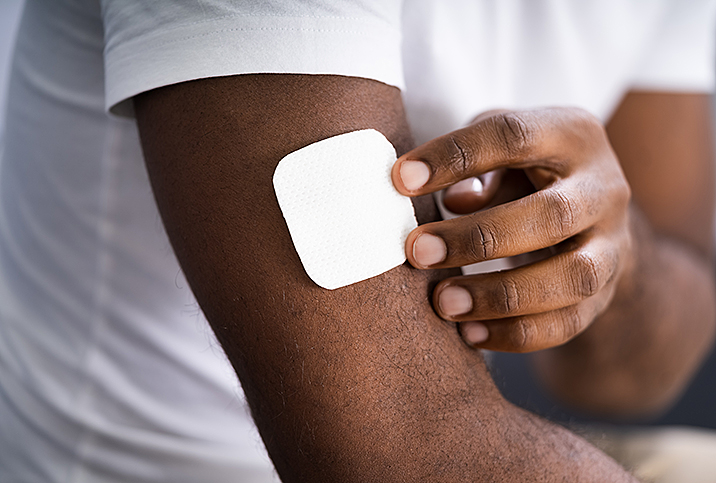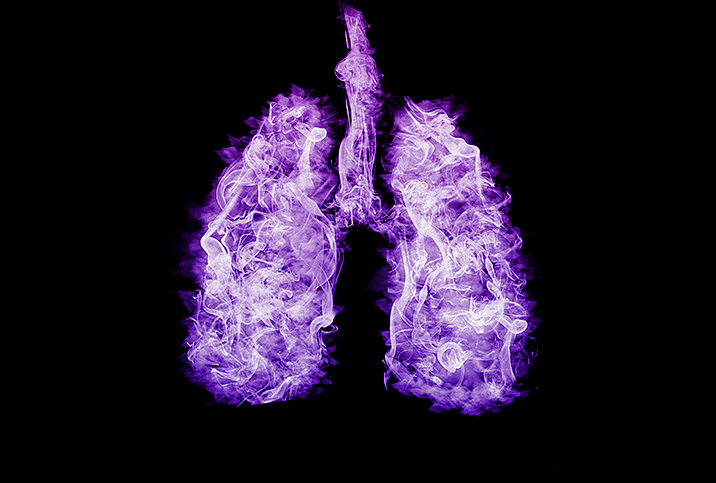Smoking and Fertility Don't Mix

Only about 14 percent of adults in the United States smoke tobacco. However, the chances of experiencing fertility problems due to smoking are significantly higher, at about 40 percent. Smoking can harm your ability to get pregnant, develop a healthy fetus and even give birth. By cutting back on, or completely eliminating, your tobacco use, you can repair some of these problems and increase your chances of getting pregnant, having an easier pregnancy and giving birth to a healthy baby.
While smoking is generally bad for your overall health, there are specific complications associated with smoking and fertility, so let's take a look at what those are.
Faster egg loss
Cigarette smoke releases chemicals into the air that can kill off eggs in your body (carbon monoxide, formaldehyde, nicotine, arsenic, etc.). Your body contains a set amount of eggs at birth, so any you lose over your lifetime are gone forever. They can't be replaced.
In combination with your body naturally releasing eggs that may not get fertilized, smoking increases the rate at which your body is losing eggs. Meaning you'll run out faster and enter menopause sooner. On average, women who smoke enter menopause as much as four years earlier than women who don't smoke. This means the point at which you are no longer able to release eggs at all comes a lot sooner than it does for women who have stopped smoking or who have never smoked.
Pregnancy complications
Smokers have a harder time getting pregnant, but their pregnancies are also more difficult. If you smoke, you are more likely to experience:
- Miscarriage
- Ectopic pregnancy
- Stillbirth
- Premature birth
- Placenta abnormalities (placenta previa, detachment, etc.)
All of these situations can result in physical harm to your or your child's body and can cause emotional distress for you and your partner. These issues often lead to longer hospital stays or more specialized care, which means a higher hospital bill, too.
Birth defects
Some women who smoke are able to get pregnant and give birth. Unfortunately, their history of smoking can still catch up with them—and their child. Smokers tend to have a higher rate of delivering children with birth defects when compared to nonsmokers. Because the chemicals you inhale when you smoke are harmful enough to kill eggs, they can also damage them. This can happen at a genetic level, leading to birth defects such as:
- Cleft lip
- Cleft palate
- Sudden unexpected death in infancy (SUDI)
- Congenital heart problems
- Club foot
- Missing limbs
- Extra fingers or toes
- Intestines outside the body
Birthing a child with birth defects is a scary experience for you as a parent, but these are problems your baby will have to spend the rest of their lives recovering from or coping with, in most cases. Decreasing your smoking or quitting completely can greatly help you avoid these problems during or after childbirth.
How to stop smoking
Nicotine is addictive. If you have been smoking cigarettes for years or decades, it can be incredibly difficult to stop. Some people have trouble even reducing how much they smoke. It may even seem impossible. But there are resources available to help you cut back on smoking or stop completely.
Studies show that once you reduce your smoking frequency, your body begins to recover within as little as a few days. On top of positives like regaining your sense of taste and reducing skin wrinkles and blemishes, your reproductive system will begin to recover as well. Physical wellness, and a fit uterus specifically, means easier, healthier pregnancies.
Visit the Centers for Disease Control and Prevention site for more information on smoking cessation. You can also call their hotline at 1-800-QUIT-NOW (1-800-784-8669).


















